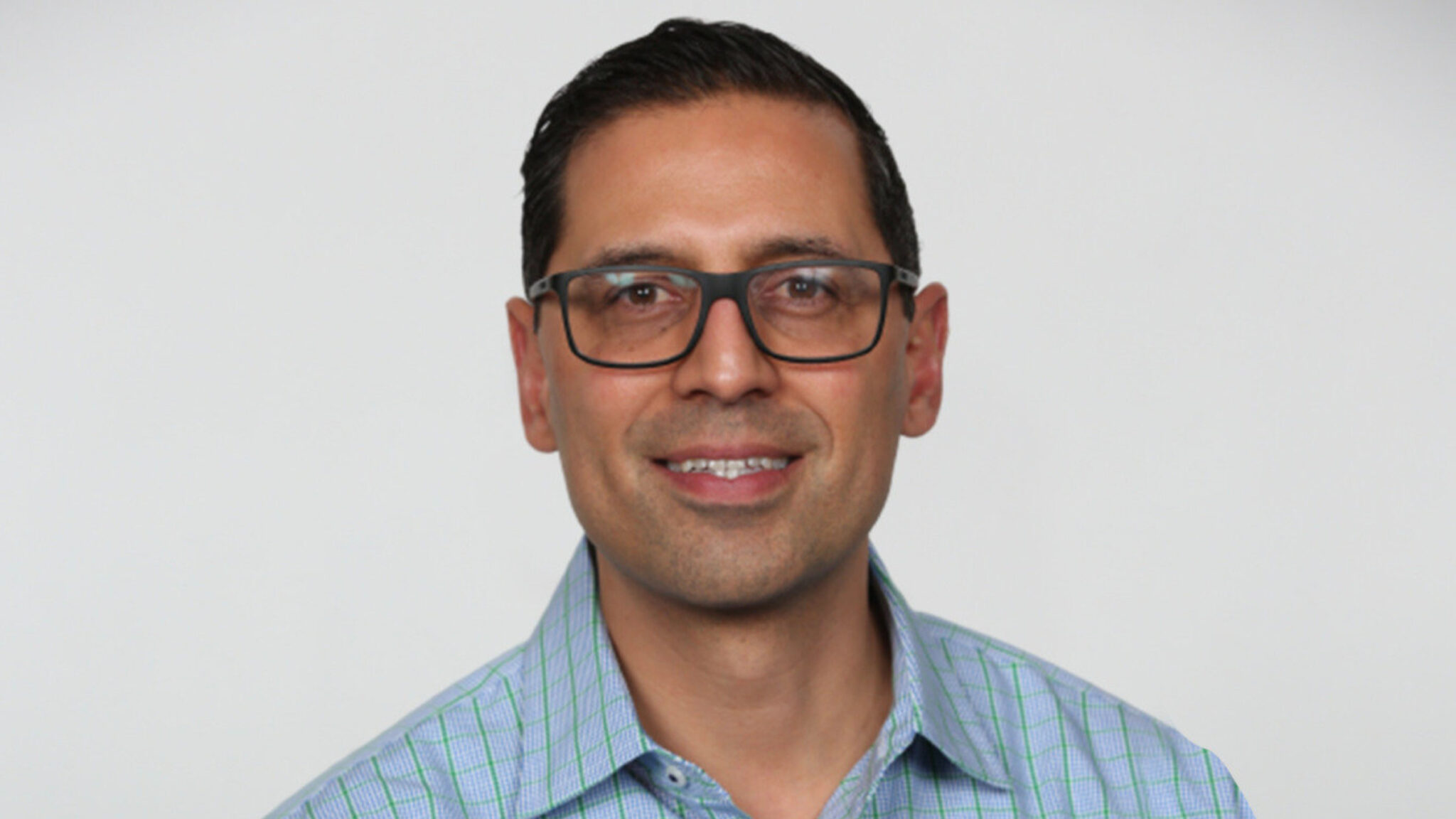
Bayer gets FDA nod to extend use of popular contraceptive IUD Mirena
Now more than ever, it’s important for women to have options when it comes to contraception, said Bayer’s senior VP and general manager of women’s healthcare John Berrios. The pharma giant’s latest approval for its popular IUD product Mirena should help with that.
Mirena scored an approval on Thursday to prevent pregnancy for up to eight years, extending its use by one year. Regulators based their decision on a Phase III extension trial showing Mirena maintained its efficacy of greater than 99% during years 6 through 8, while exhibiting no new or unexpected safety risks. It’s also approved to treat heavy periods for up to five years.
Unlock this article instantly by becoming a free subscriber.
You’ll get access to free articles each month, plus you can customize what newsletters get delivered to your inbox each week, including breaking news.